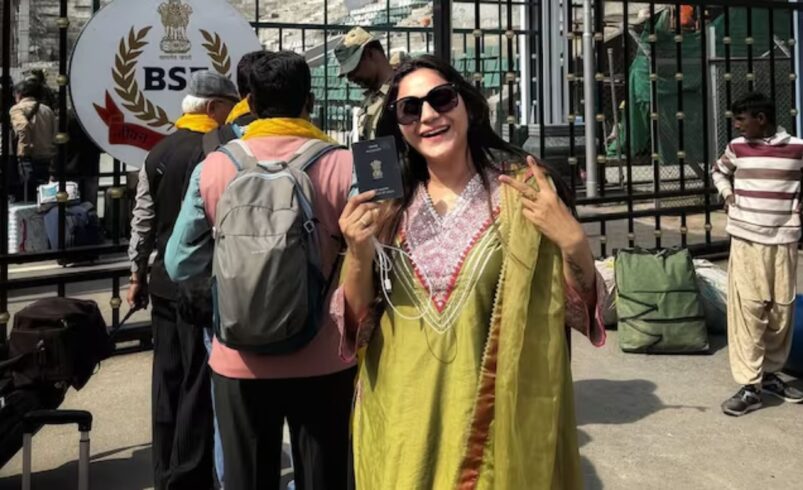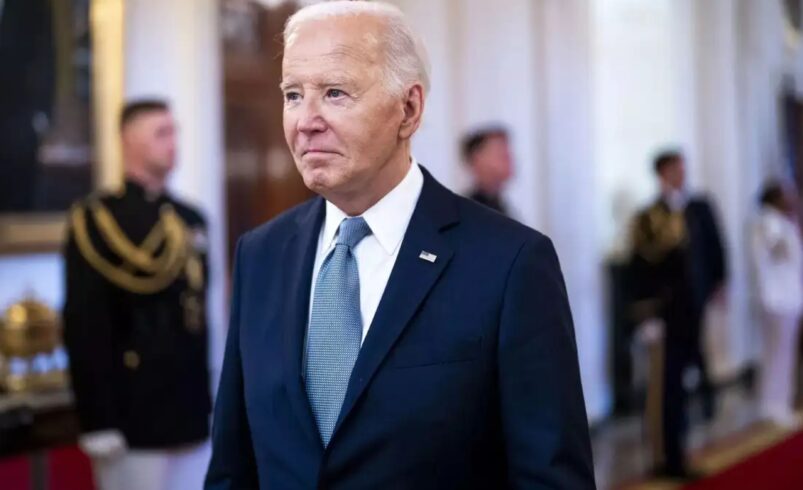The controversy surrounding Indian travel vlogger Jyoti Malhotra has deepened, as her Instagram account was officially blocked just two days after her arrest on charges of espionage for Pakistan. With over 1.33 lakh followers, her account saw an unexpected surge of over 7,000 new followers in the 24 hours following her arrest. The curiosity about her story led to more than 1 lakh Google searches in a single day, reflecting widespread public intrigue over her sudden fall from fame. Jyoti, who ran the popular YouTube channel “Travel with JO” with 3.77 lakh subscribers, became a household name for her travel content. However, what seemed like harmless wanderlust has now been linked to grave accusations involving national security and cross-border intelligence activities.
According to the Haryana Police, Malhotra had been on several sponsored trips to Pakistan, including just before the Pahalgam terror attack earlier this month. Her social media was filled with travel vlogs showing her engaging with Pakistani locals, visiting Hindu and Sikh temples, and attending cultural events — including a Ramadan dinner at the Pakistan High Commission in Delhi. But behind these visuals, the police allege a covert narrative was being developed. On Sunday, officials revealed she was being “developed as an asset” by Pakistani intelligence operatives and was in active touch with handlers even during the recent India-Pakistan conflict. Her videos, they claim, were part of a propaganda strategy to present Pakistan in a favorable light to Indian audiences.
Her arrest was made under the Official Secrets Act and provisions of the Bharatiya Nyaya Sanhita, reflecting the seriousness of the charges. Police say that while Jyoti did not have access to any defense secrets, her role as a soft power influencer made her a valuable tool in narrative warfare. The FIR filed in Hisar mentions that Pakistani intelligence agencies have increasingly turned to Indian social media influencers to “push their narrative,” and Jyoti Malhotra is alleged to be one such recruit. Her ability to garner attention, trust, and cultural connection through travel content made her a unique asset in the digital age — one that authorities believe Pakistan sought to exploit.
The case took a major turn when Jyoti’s alleged handler, Ehsan-ur-Rahim alias Danish — a staff member at the Pakistan High Commission in Delhi — was declared persona non grata and expelled from India on May 13. Jyoti reportedly became close to Rahim during her 2023 visit to Pakistan and was subsequently introduced to several Pakistani Intelligence Operatives. These connections, now under intense scrutiny, point to a more systematic targeting of Indian influencers by foreign intelligence networks. The revelation has sparked concerns about how accessible and manipulatable India’s digital influencer community may be, especially by those looking to inject foreign narratives into Indian discourse.
As investigations continue, this case is emerging as a striking example of modern-day soft espionage. Unlike traditional spy operations, this incident underscores the growing influence of digital platforms in geopolitical strategies. Jyoti Malhotra’s sudden rise and fall from fame also serve as a cautionary tale for content creators who might unknowingly or knowingly find themselves part of larger political agendas. Whether she was complicit or misled remains to be determined in court, but her case has already ignited discussions around digital ethics, cross-border collaborations, and national security in the era of social media diplomacy.
Get the latest in business, markets, startups, and policy—visit businessnewsindia.in for in-depth updates and follow us on Instagram @businessnewsindia.in for daily bites of what matters most.
Source : bbc.com









